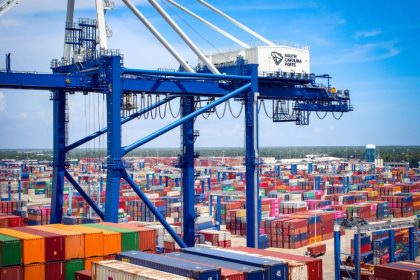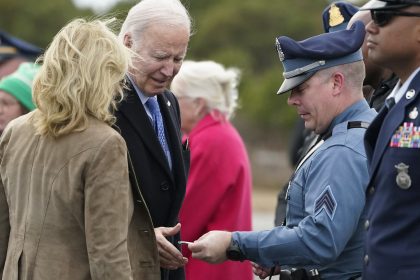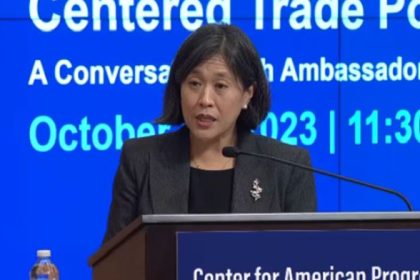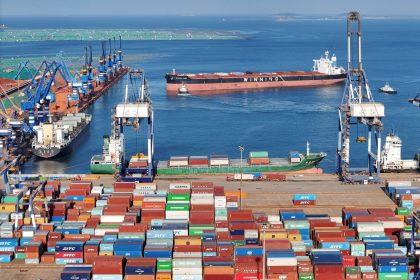NAFTA Replacement Leaves Some Longstanding Issues In Place
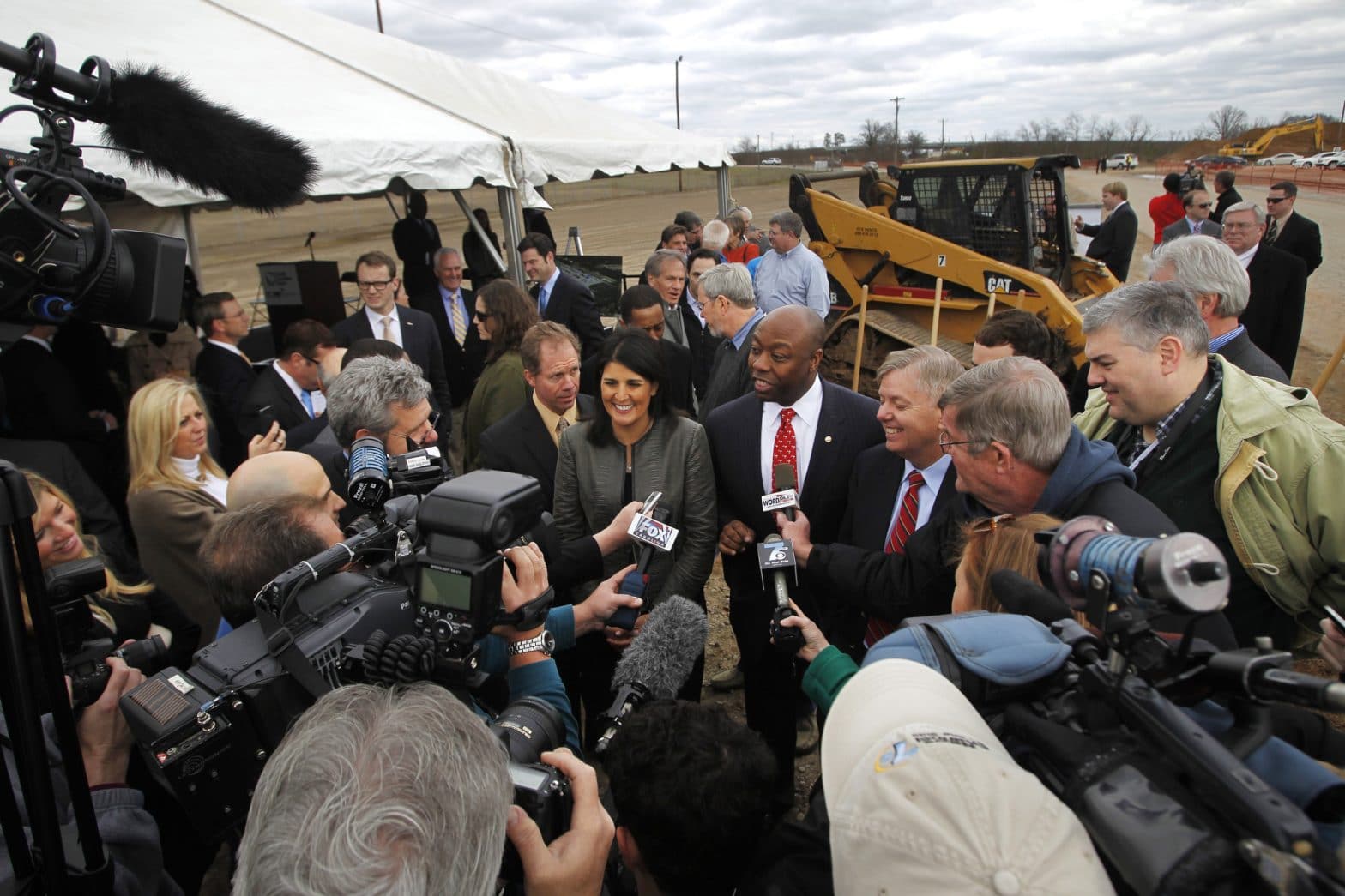
A fix for the documentation glitch isn’t the only issue National Association of Foreign Trade Zones would like to see addressed in the USMCA implementing legislation.
Erik Autor, president of the association, said his members long felt that rules established under NAFTA directly discriminated against the foreign trade zone program. The main one allowed products to enter the U.S. stream of commerce from Mexico duty-free while requiring companies located in foreign trade zones here in the United States to pay duties on the foreign-made components of their products.
“Under NAFTA the product being shipped into the U.S. from Mexico could be identical to the product made here in a foreign trade zone. The products could be made from the same parts from the same suppliers. And yet the duty on the foreign trade zone product would still apply,” Autor said.
“Essentially, what NAFTA did was create a system of unequal treatment. We had hoped this situation would be addressed in the new agreement. Unfortunately, the USTR didn’t do that,” he said.
Another thing the proposed USMCA doesn’t address concerns over the so-called “de minimis” value of goods that can be imported into the country without being subject to duties and taxes.
In 2015, Congress increased the de minimis level for imports from $200 to $800, applying it to most U.S. trading partners and not contingent on other countries matching the U.S. exemption.
Initially, distribution firms moving consumer products through foreign trade zones thought the new de minimis level would apply to them as well.
But that’s not how U.S. Customs officials interpreted the congressional action. According to the agency, the de minimis rule is triggered by the act of importation, and “importation” is only deemed to have occurred when goods arrive on U.S. soil from a foreign country, not when they arrive in or leave a foreign trade zone.
—
Related article | Foreign Trade Zones, Long Engines of U.S. Economic Development, Now Face Trade Policy Challenges
—
“So the situation you have is, very few consumer products cost over $800, and you have companies now saying, ‘Holy smokes, I can sell my products directly into the U.S. through my ecommerce system and have them be duty free’.
“That poses a big problem because now distribution companies who had been perfectly happy operating out of foreign trade zone are saying, ‘I’ve got a choice. I can leave my distribution operations for ecommerce in the United States and pay a hefty duty or I can move it right across the border to Mexico, or Canada and get duty free,'” Autor said.
In other words, by raising the de minimis level Congress effectively incentivized distribution and warehousing companies to at least consider moving operations “offshore.”
To further explain the situation, Autor offered the hypothetical example of importing a $100 sweater from China, a product that carries a 35 percent duty.
“You bring the sweater into the country through the Port of Los Angeles/Long Beach and you pay the 35 percent duty and off it goes,” he said. “If you bring it into a foreign trade zone, you bypass the duty at the port, move it to your distribution center, and only pay the duty when a customer orders the sweater and you ship it to them.”
Now, say you ship the same sweater, still destined for export to the United States, to a distribution center in Richmond, British Columbia, just outside Vancouver, Canada.
“You pay no Canadian duty because the product is bound for the United States. It sits in the warehouse. … and then you ship the sweater to a customer in the U.S.,” Autor said. “Since there’s no duty on products under $800, the company has saved itself $35 on a $100 sale, just by doing the transaction through Canada rather than the United States.”
“That’s troubling because it’s more than an existential problem. Suddenly distribution companies operating inside a foreign trade zone have an incentive to move into ecommerce and move out of the United States, and when they do, that also means distribution and supply moving out of the U.S. and to other countries like Canada and Mexico and … wherever.”
Again the question is, how does one address the situation?
Before a trade agreement like USMCA can take effect, Congress must approve legislation to implement the agreement. Under Trade Promotion Authority rules, this bill may only include provisions that are strictly necessary or appropriate to implement the agreement.
Earlier this year, the administration suggested it might include changes to the de minimis level, most likely reducing the $800 exemption, but USMCA contains no such provision — leaving it to Congress to find a way to bypass the TPA rules.
The U.S. Trade Representative’s office did not respond to an emailed request for comment.

















